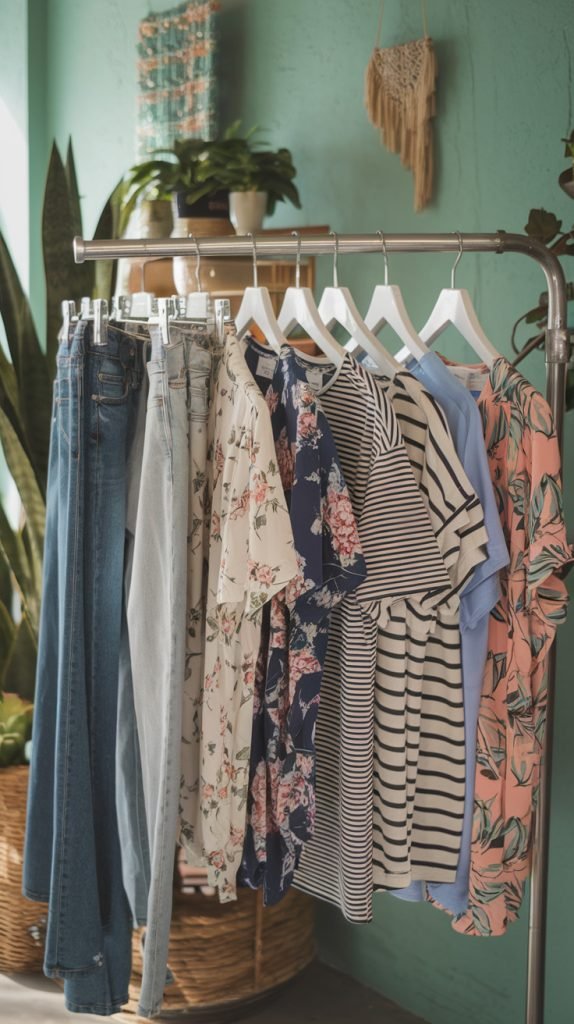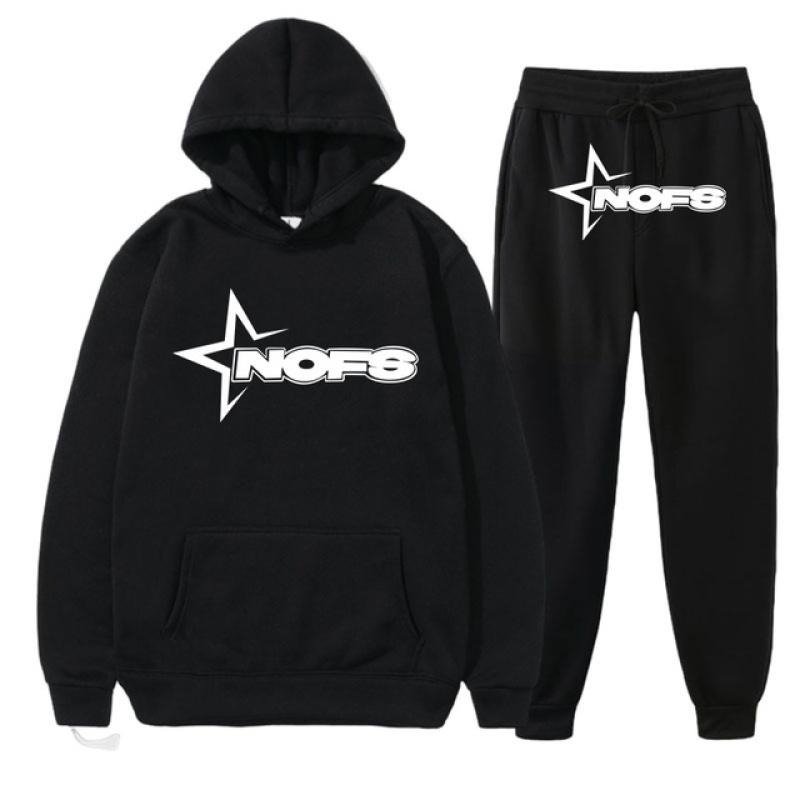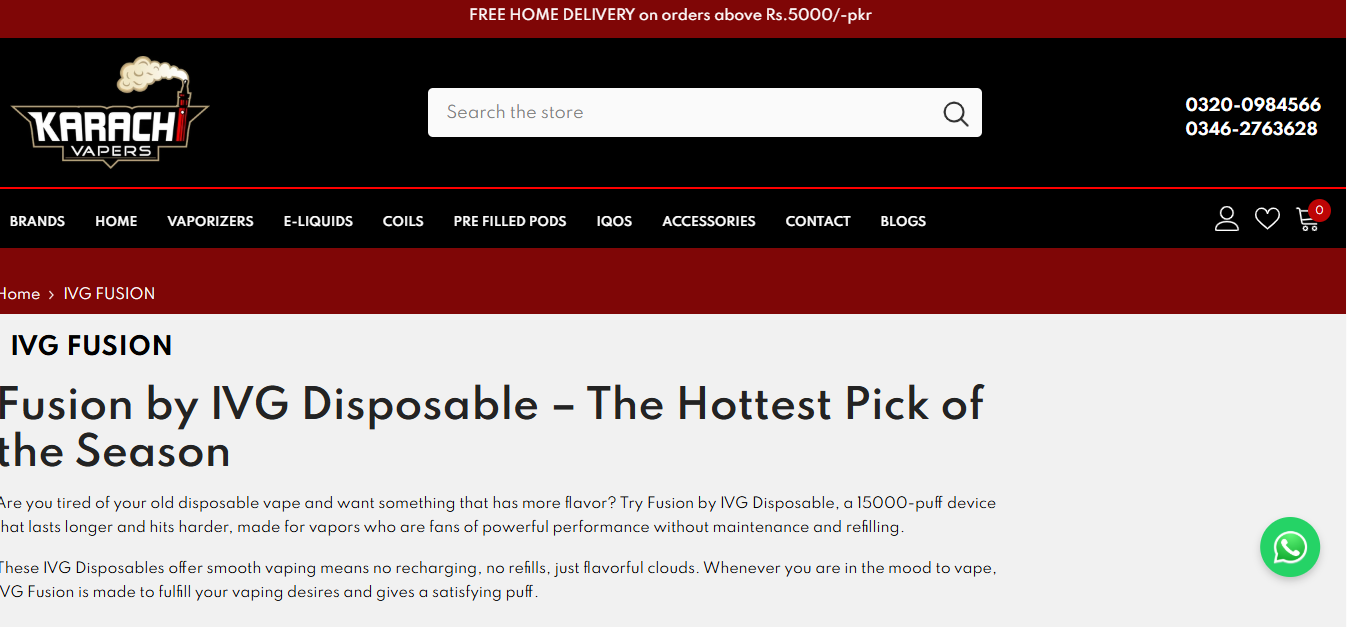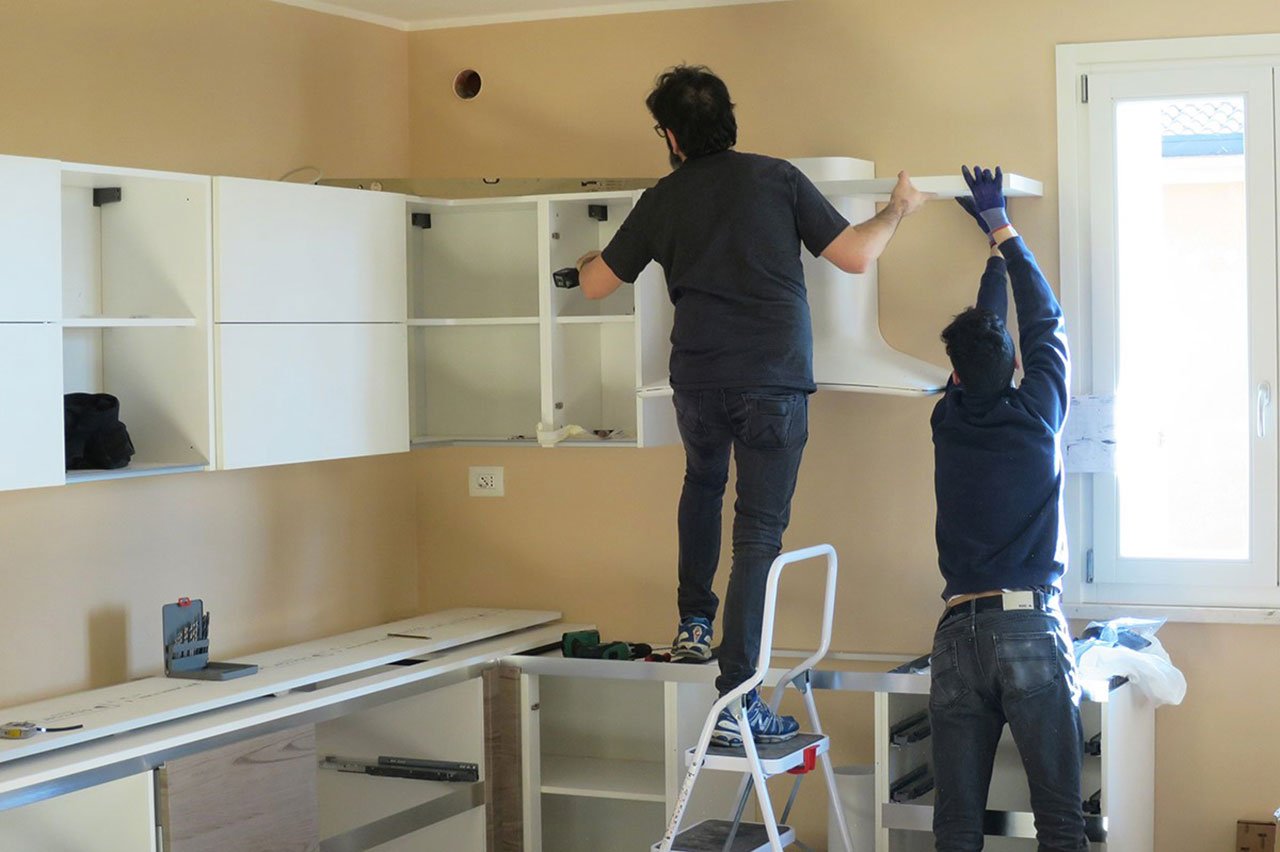Introduction
In today’s fast-paced world, we are constantly bombarded with new gadgets, products, and ideas. However, not everything is necessary. Knowing what truly counts as an essential can make a significant difference in how we organize and live our lives. Whether it’s for our home, work, or personal well-being, understanding what qualifies as an essential allows us to focus on what really matters. In this guide, we will explore various essentials for different areas of life, provide tips for personalizing your essentials list, and show you how to make the most out of what’s truly necessary.
1. What Are Essentials?
H2: Definition of Essentials
Essentials are the core components or fundamental items required for daily living. These are the things that make life easier, more productive, and more manageable. Whether it’s your must-have items for a trip or your basic necessities for home life, essentials play a pivotal role in helping you function effectively. When we talk about essentials, we refer to core requirements that support our basic needs and well-being.
To put it simply, Essentials are what we can’t live without—products, tools, or resources that simplify our routine, contribute to our success, and ensure our health and safety. The concept of essentials may differ based on context. For instance, your key items for self-care are quite different from the essential tools for your professional life. Understanding this distinction is crucial for curating a list that meets your unique needs.
CTA: “Keep reading to discover the essential items you should have for a more organized and efficient life!”
H3: Why Are Essentials Important?
Essentials are important because they form the foundation of our daily existence. Imagine trying to navigate your day without basic essentials like your phone, keys, or food. The lack of these necessities can hinder your ability to function properly and can cause unnecessary stress. When you organize your life around basic needs, it frees you from mental clutter, allowing you to focus on more important things.
From a psychological standpoint, having the right essentials leads to a sense of stability and comfort. Knowing you have everything you need, whether it’s a simple essential product for health or basic necessities for daily living, creates a foundation of security and peace of mind.
2. Types of Essentials for Different Areas of Life
H2: Home Essentials
When it comes to home life, the essential items you keep around should contribute to comfort, functionality, and safety. Think of these as the bare minimum of what’s required to make your living space livable and pleasant. Your home essentials might include furniture, cleaning supplies, kitchen tools, or even things like a basic first-aid kit. These items are designed to make your day-to-day routines easier and more efficient.
For instance, having essential products like a reliable vacuum cleaner or kitchen appliances not only helps in maintaining cleanliness but also saves time on mundane tasks. Similarly, safety necessities, such as fire extinguishers, smoke detectors, and first-aid supplies, are indispensable.
- Must-have items for a functional home:
- Basic necessities like cookware and cleaning products
- Key products for safety and health, like first-aid kits
- Essential supplies for emergencies, such as flashlights and batteries
- Basic necessities like cookware and cleaning products
CTA: “Start building your essentials checklist for a functional and safe home today!”
H3: Health and Self-Care Essentials
Health is another area where having the right essentials can make a big difference. Whether you’re focused on physical fitness, mental health, or general well-being, there are several essential products you can incorporate into your life to support your health. These items range from basic toiletries to more specialized products like fitness equipment, supplements, or mental health aids.
For example, a morning routine filled with basic essentials like toothpaste, soap, and skincare products is essential for starting the day right. Similarly, essential products for self-care routines, such as yoga mats or resistance bands, can help improve your physical fitness and mental clarity.
- Health essentials include:
- Basic necessities like vitamins and hygiene products
- Essential items for a healthy lifestyle, such as water bottles and fitness gear
- Must-have items for personal grooming
- Basic necessities like vitamins and hygiene products
H3: Travel Essentials
Traveling requires its own set of must-have essentials to ensure comfort, safety, and efficiency. Whether you’re going on a weekend getaway or a long vacation, certain key products are indispensable. These can range from essential items for daily living, like toiletries, to more travel-specific gear such as luggage, passports, and travel-sized containers.
Having the right essential products for traveling not only helps you avoid stress during your trip but also ensures you’re prepared for unforeseen circumstances. This includes travel adapters, portable chargers, and first-aid kits.
3. How to Identify Your Personal Essentials
H2: What Should Be in Your Essentials Kit?
An essentials kit is a personal collection of items you believe are crucial to your well-being and success. Depending on your lifestyle, your essential items for daily living may vary. A minimalist lifestyle would focus on fewer, multifunctional items, while a busy family may have a more extensive list.
To help you curate your own list, consider including products that address your health, comfort, work, and leisure needs. For example:
- Essentials for home life: Cooking equipment, cleaning supplies
- Essentials for health: Vitamins, gym equipment
- Essentials for work: Laptop, notepad, pens
CTA: “Create your own personalized essentials kit today to make your life more organized and efficient!”
H3: Prioritizing Your Essentials
When it comes to essentials, not all items are created equal. The key to prioritizing is recognizing what truly contributes to your daily comfort, productivity, and happiness. Start by evaluating the importance of each item based on your personal needs. Are they fulfilling a core necessity, or can they be eliminated or replaced by something more versatile?
4. Building a Minimalist Life with Essentials
H2: Simplify Your Life by Focusing on Essentials
Minimalism is about choosing only the most important core essentials and eliminating excess. This approach not only clears physical clutter but also declutters your mind, leading to greater mental clarity. By focusing only on vital necessities, you create a simpler, more focused lifestyle.
For example, a minimalist wardrobe might consist of only essential items that serve multiple functions, such as versatile clothing pieces that can be dressed up or down. Similarly, your home should only include the essential supplies that you use daily or that bring joy and purpose to your life.
- Benefits of minimalism with essentials:
- Reduces physical and mental clutter
- Saves money by focusing on quality over quantity
- Leads to a more intentional and purposeful lifestyle
- Reduces physical and mental clutter
CTA: “Begin your minimalist journey by prioritizing your essential items today!”
H3: Essential Supplies for Minimalist Living
Adopting a minimalist lifestyle requires carefully selecting the essential supplies that are versatile and functional. Choose items that serve more than one purpose and are durable. For instance, a multi-purpose kitchen tool or a convertible piece of furniture can greatly reduce the amount of unnecessary stuff in your home.
5. How to Choose the Right Essentials for Your Lifestyle
H2: Tailoring Your Essentials to Your Needs
No two people have the same essentials. What’s essential to one person may not be to another. Therefore, it’s important to tailor your essentials list to match your lifestyle, preferences, and circumstances. Whether you work from home, travel often, or have a busy family, the items you consider key products will differ.
For instance, a frequent traveler may prioritize items like a portable charger and travel-sized toiletries, while someone who works from home may focus on essential items for daily living like a comfortable chair, desk, and work tools.
H3: Evaluating Must-Have Items
When evaluating what’s truly essential, ask yourself questions like:
- Does this item improve my daily life?
- Is it functional and practical?
- Will it be used frequently, or is it a one-time need?
6. The Benefits of Having the Right Essentials
H2: How the Right Essentials Improve Your Daily Life
Having the right Essentials helps streamline your daily routines, reduce stress, and make life more enjoyable. Whether you’re talking about essential gear for outdoor adventures or essential tools for work, the right items increase your efficiency and improve your overall well-being.
For instance, having a reliable, high-quality set of tools can make your home repairs easier, while key products for your self-care routine can help you maintain your physical and mental health.
H3: How Essentials Save You Time and Money
When you prioritize necessities, you save both time and money by avoiding unnecessary purchases and time-consuming tasks. Instead of buying products you don’t need, focus on investing in high-quality essential products that will serve you over the long term. This approach not only reduces clutter but also leads to financial savings.
FAQs Section
- What are the most important home essentials to have?
- The most important home essentials include kitchen tools, cleaning supplies, and safety items like first-aid kits. These basic necessities ensure your home is comfortable, functional, and safe.
- The most important home essentials include kitchen tools, cleaning supplies, and safety items like first-aid kits. These basic necessities ensure your home is comfortable, functional, and safe.
- Why is it important to identify my personal essentials?
- Identifying your personal essentials helps you prioritize your needs, ensuring that you have everything required for daily tasks without feeling overwhelmed by unnecessary items.
- Identifying your personal essentials helps you prioritize your needs, ensuring that you have everything required for daily tasks without feeling overwhelmed by unnecessary items.
- How can I create a minimalist lifestyle with only essentials?
- A minimalist lifestyle involves choosing core essentials and eliminating anything unnecessary. By focusing on quality over quantity, you reduce clutter and create a more purposeful and intentional living environment.
- A minimalist lifestyle involves choosing core essentials and eliminating anything unnecessary. By focusing on quality over quantity, you reduce clutter and create a more purposeful and intentional living environment.
- What should I consider when choosing essentials for travel?
- When choosing must-have essentials for traveling, think about items that support comfort and safety. Essentials include toiletries, chargers, and emergency supplies like first-aid kits and travel insurance.
- When choosing must-have essentials for traveling, think about items that support comfort and safety. Essentials include toiletries, chargers, and emergency supplies like first-aid kits and travel insurance.
- How do essentials improve my daily productivity?
- Essentials tools like a comfortable chair, efficient kitchen equipment, and organized workspaces enhance your daily productivity. They help streamline routines, making your tasks quicker and more manageable.
Conclusion
Incorporating the right essentials into your life can make a significant difference in how you approach each day. By focusing on what truly matters—whether it’s health, safety, or comfort—you can lead a more organized, productive, and fulfilling life. Start building your list of must-have items today, and enjoy the benefits of living a life centered around what’s truly essential.
















Leave a Reply